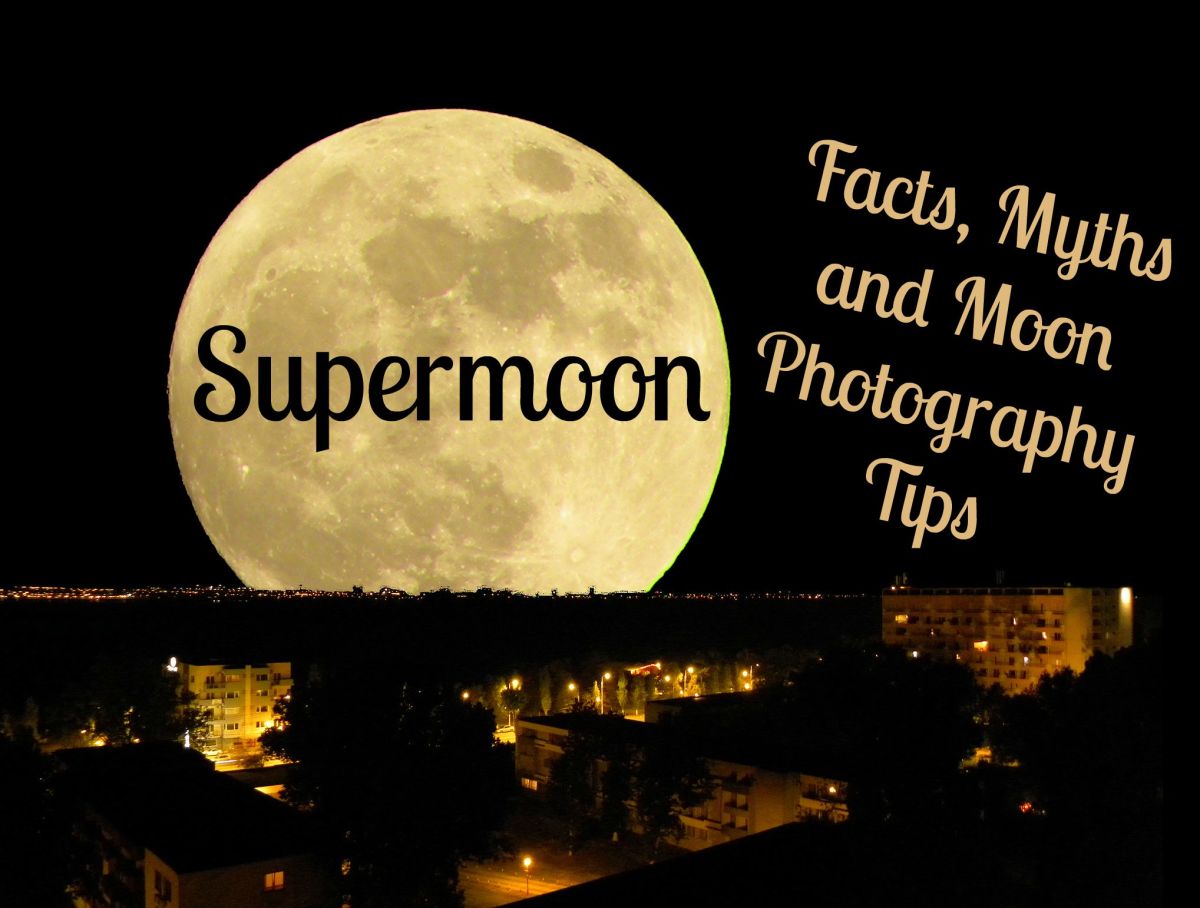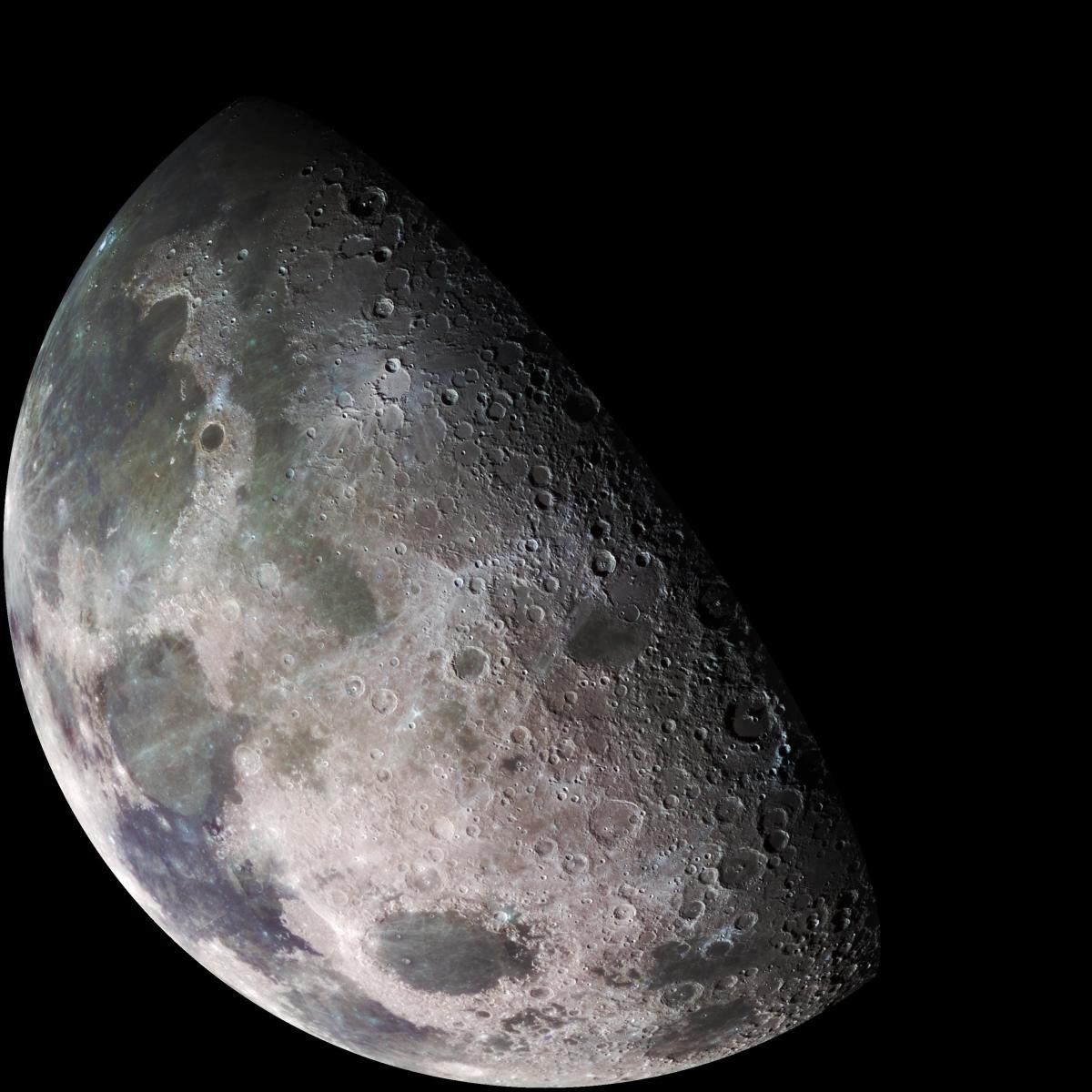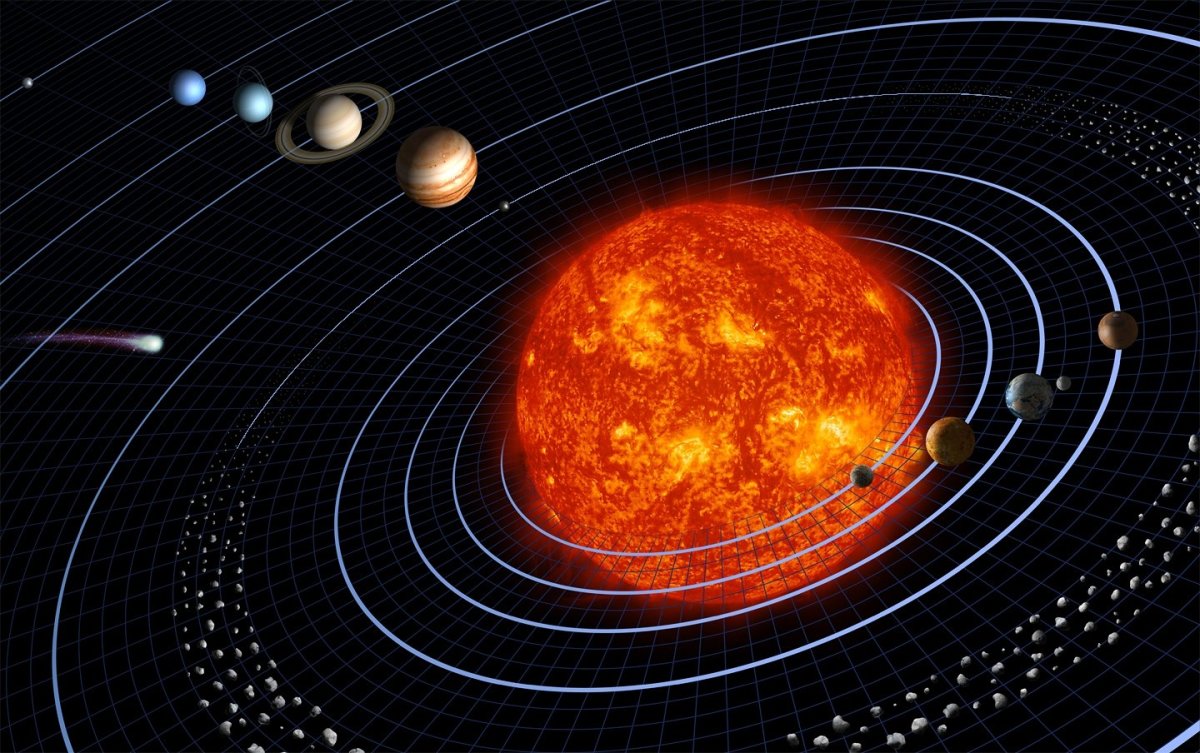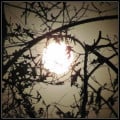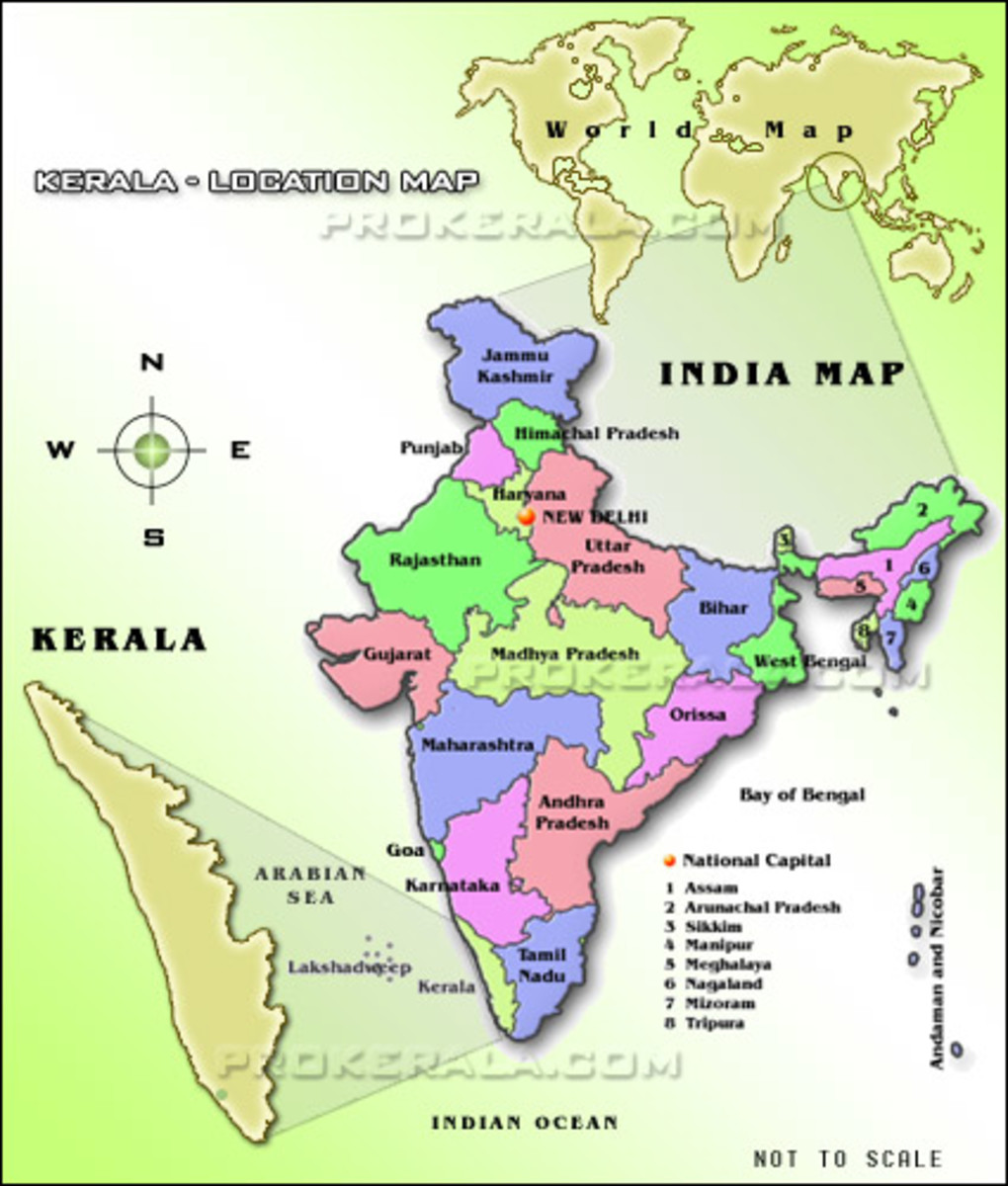Lunacy and the Power of the Moon
Definition of LUNACY – Merriam-Webster
a: insanity
b: intermittent insanity once believed to be related to phases of the moon
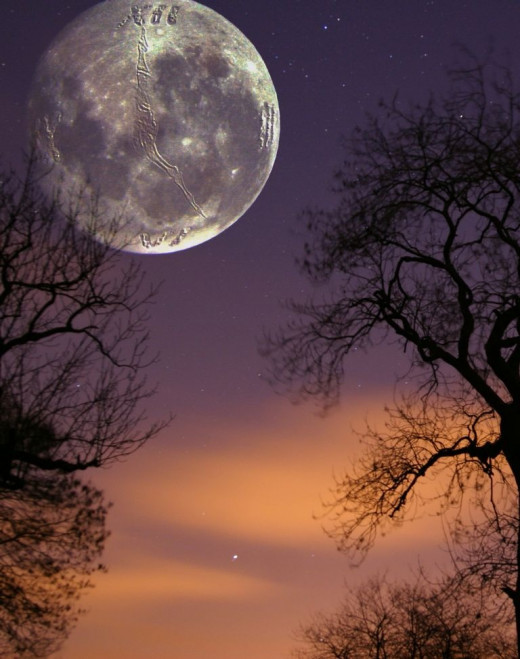
Madness Beckons
The moon comforts us with its warm, milky glow, and has been an obsession of poets and romantics for millennia. Until recently however, many disagreed on the origin of our rocky satellite, but now the predominant theory is that two large planet-like bodies collided. The main fragments formed the Earth and the Moon.
A well known fact is that the moon’s gravity is the force that creates ocean tides – but does its influence stop there? According to many, our closest celestial neighbour has far more influence than we give it credit for. So are there facts... or is it all just lunacy?

Mental Health Suffers?
Health care workers have believed for many years that the full moon affects the human condition. A study from the University of Liverpool found this to be true – in part. The only significant effects were demonstrated in patients with diagnosed Schizophrenia. This effect has been documented in other, less credible studies.
Kinky Coral
According to Scientific America, coral mates in summer, at around the time of the full moon. The coral releases huge quantities of eggs and sperm into the water, and then lets nature (rather than love) take its course. The study, however, found it was the colour of the light reflected by the moon, rather than other factors, that triggered the coral’s urge to reproduce.
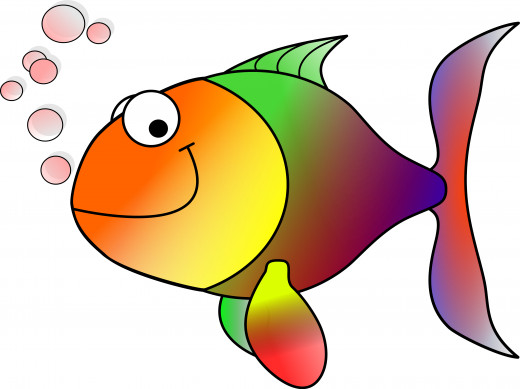
The Spawning of the Rabbitfish
Studies have shown that the Rabbitfish spawns during a particular phase of the moon. One study (reported in the Journal of Experimental Zoology) artificially altered the lighting, which then disrupted these cycles demonstrating again that the lunar light conditions were the dominant factor.
Stroke Injuries to the Brain
A study published in the Journal of Psychosomatic research studied admissions to an acute stroke unit, and then compared these to the phases of the moon. They found that:
‘there was a statistically significant association between admission to the acute stroke unit with a diagnosis of medically unexplained stroke symptoms and lunar phase.’
No biological explanation could be given for these admissions! (NB. Stroke: a disruption to the blood flow in the brain causing temporary or permanent damage.)

Dog Bites
Scientific America, and other reputable journals, have carried stories about increases in dog bites during the full moon. Several research studies, however, have found the opposite results, leading one scientist to suggest a more practical theory – during the full moon there are more people out walking, and so more people for dogs to bite!
Female Ovulation
Many believe there is a connection between the moon and female ovulation, but the evidence doesn't seem to be there. Some researchers have suggested that the natural light cycles of the moon (before electric lighting) could have been a factor.
Assisted Pregnancy (IVF)
Though much has been said about this, it appears to be very anecdotal. Some reputable studies (e.g. Weigert et al, 2002) have shown some correspondence between the outcomes of IVF and lunar cycles, but they could not rule out other factors. This said, it appears to be a popularly held belief in some circles.

Spontaneous Pneumothorax (Punctured Lung)
A pneumothorax occurs when the lung develops a leak, and then deflates (to some extent), often as a result of an accident. A spontaneous pneumothorax is one that happens without incident… spontaneously! A study based in a university medical centre in Slovakia showed that admissions of spontaneous pneumothorax followed a lunar cycle.
Aggression
Many reports of increased violent activities can be found on the Internet, but not many are developed from decent research. If there is an increase in violence and violent attacks, it may simply be that more people are out during the full moon, and so more opportunities for violence to flare-up.

Self-Harm
Or to be precise, self-poisonings – rise and fall with the lunar cycles. This was the finding of some Australian, Indian, and Canadian research projects. This might be echoed in a study showing stress levels fluctuate with the moon's phase.
Tree and Plant Growth
Gardeners around the world believe that planting and harvesting with the phase of the moon can benefit their crops, and improve the quality of their produce. An article by Barlow et al (2010) successfully demonstrated that sapling diameter fluctuated with the moon's phase. This supports the agrarians' decision to put in that extra nocturnal effort.

Earthquakes
Ken Ring, an author from New Zealand, has fuelled controversial debate by suggesting the moon's phase has influence over earthquakes. There is no evidence to support this except Ring’s own correlations. This was an especially sensitive subject during the Christchurch earthquakes when his predictions added to the stress levels of an already frazzled city.
Some Final Thoughts
Our vast web of knowledge offers many more examples of belief and superstition vs factual research – but all too often there is a fuzzy line in-between. For those who want to know more, and still believe our celestial heavens have a greater influence over our lives – may the (gravitational) force be with you!

Sources
http://www.scientificamerican.com
http://www.jpsychores.com/home
Peter W. Barlow, P., W., Mikulecký, M. Sr, Střeštík, J. (2010). Tree-stem diameter fluctuates with the lunar tides and perhaps with geomagnetic activity, 247 (1-2), 25-43
Psychological Bulletin, Vol 97(2), Mar 1985, 286-306. doi: 10.1037/0033-2909.97.2.286
Rotton, J., Kelly, I. W. Much ado about the full moon: A meta-analysis of lunar-lunacy research.
Weigert, M., Kaali, S.G., Kulin, S., & Feichtinger, W. (2002). Journal of Assisted Reproduction and Genetics, 19(11), 539-540

